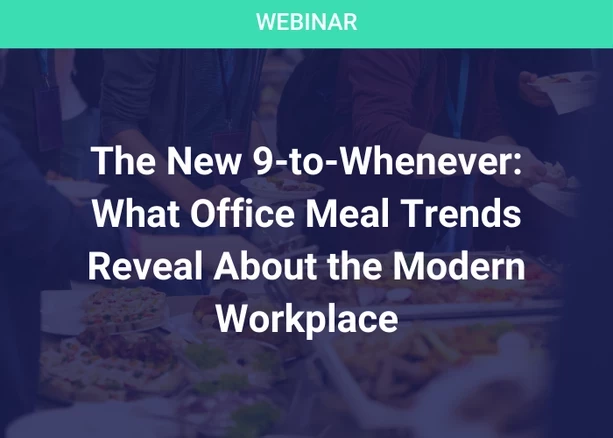How To Lose Your Valuable Staff In Just Six Months
Add bookmarkWith the services spotlight increasingly focused on Central and Eastern European markets to drive knowledge-centric and data-enabled services for global customers, talent management has once again risen to the top of shared services agendas.
But while competition for talent is nothing new in this region, the rise of the Millennial generation, a focus on data-based capabilities, and talent looking for long-term career progression means that shared services has to up its game to stay ahead.
For those that won’t heed the warning, here's how to lose your valuable staff in six months (or less) …
[click on image for pdf download]
Month 1: Over-promise and under-deliver
Promise "value adding" work and a stimulating environment – but deliver transactional jobs. There is nothing that will drive attrition like false promises, and shared services need to be aware that touting work as "creative" and "insight driven", but effectively offering transactions management is a sure way to lose staff. Be honest about what and who you are looking for. If the work is mainly transactional, be clear about this so that you attract a calibre of person for whom this is a good fit. Conversely, if you're looking for more value add, then make sure that applicants are aware of this so they do not find themselves out of their depth.
Month 2: Target Millennials but ignore their needs
Millennials are no longer a minority in your recruitment plan, but they represent the reality. What you need to understand is: Millennials are different. They expect to have a say, to impact outcomes, and to be heard. They demand social networking at work as well as in private, on their own devices, and expect "mobility" to be a given. They are good at "self-service" processes, but less practiced in face-to-face or voice to voice environments. However, when it comes to problem solving their expansive networks stand them in good stead. Reassess with a critical eye your workplace culture, and updates it for the Millennial employee. This is not just about Coca-Cola machines or ping-pong tables, though they help. It's about reassessing old-fashioned hierarchy and acknowledging that everyone has good ideas.
Month 3: Maintain old-fashioned organisational charts
… And while we are talking about hierarchies, it's important to update old-fashioned notions. Today, data equals power, and shared services certainly has the data. That means that shared services operators hold the key to unlocking significant amounts of value-added insights that offer business the opportunity to grow in step change. However, old-fashioned reporting lines will simply cause bottlenecks. Instead, open up your organisation so that shared services’ input is valued, recognised, and sought after. Enable shared services to partner effectively with the business, and do the groundwork so that the business is receptive. That will keep your staff engaged and committed.
Month 4: Don't let work time turn into play time
After all, work is serious business. Yes, but today's "work" day extends into the night and starts over breakfast. So play time equals work time, and vice versa. You may as well acknowledge it. Shared services centres that have fostered a truly engaged and progressive culture celebrate successes as a team, honour each other's cultural holidays, picnic together, sailed together, launched initiatives together… You get the picture. The old adage of "the family that eats together stays together" also applies to your team. If you expect staff to react to work situations out of normal office hours, you should equally be open to alternative activities during so-called office hours. Your office will be a fun place to work, existing staff will recommend it to those seeking employment, and the winds will be exponential.
Month 5: When promising a "career", what you mean is: "in this office"
It's tough to find people, especially in the younger generation, for whom lifetime career means one company, let alone one department. If your vision extends to the length and breadth of your in-house shared services team, you will find that sooner or later your employees are going to need to jump ship in order to progress. Pre-empt that by partnering with HR to present a career path that extends from shared services into the business unit. A number of shared services organisations proudly refer to themselves as "talent incubators", regularly sending multi-skilled staff into customer businesses. This serves not just the need for more experienced strategy executioners, but forges stronger and better relationships between the centre and the business unit. Shared services’ reputation is strengthened in-house, its fans are distributed across the business, and the message that it is a valuable resource is continually reinforced.
[eventpdf]
Month 6: An "open door" is just a figure of speech
We’ve all heard that employees don’t leave jobs, they leave managers. So that means you. Within shared services roles, your staff will be receiving lots of pushback from clients and fielding complaints. They’ll look to you not only for support but also to drive improvements. Many of the best ideas for change come from the frontline so make the time, on a weekly basis, to sit down with one team member for a chat, listen to their biggest problems and ask them what THEY think would solve the issue. It will not only help you improve team performance but improve engagement. The ability to listen without interrupting is greatly undervalued.





















